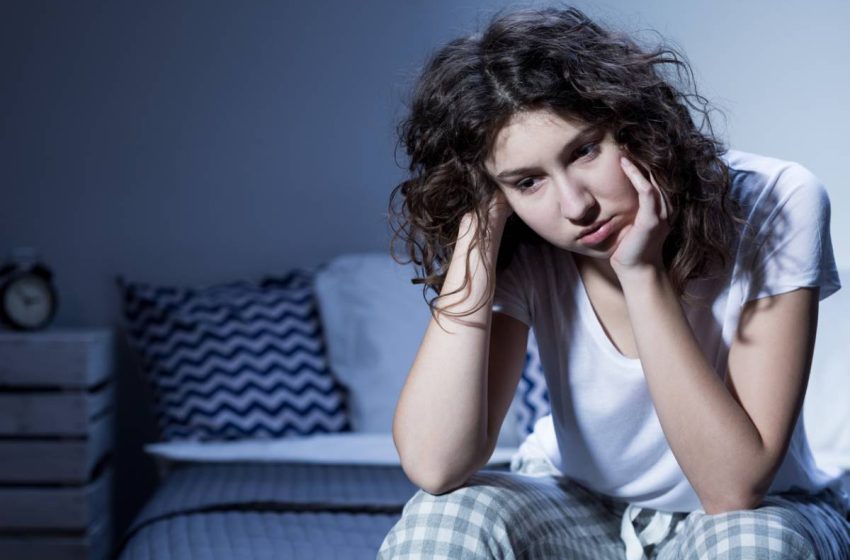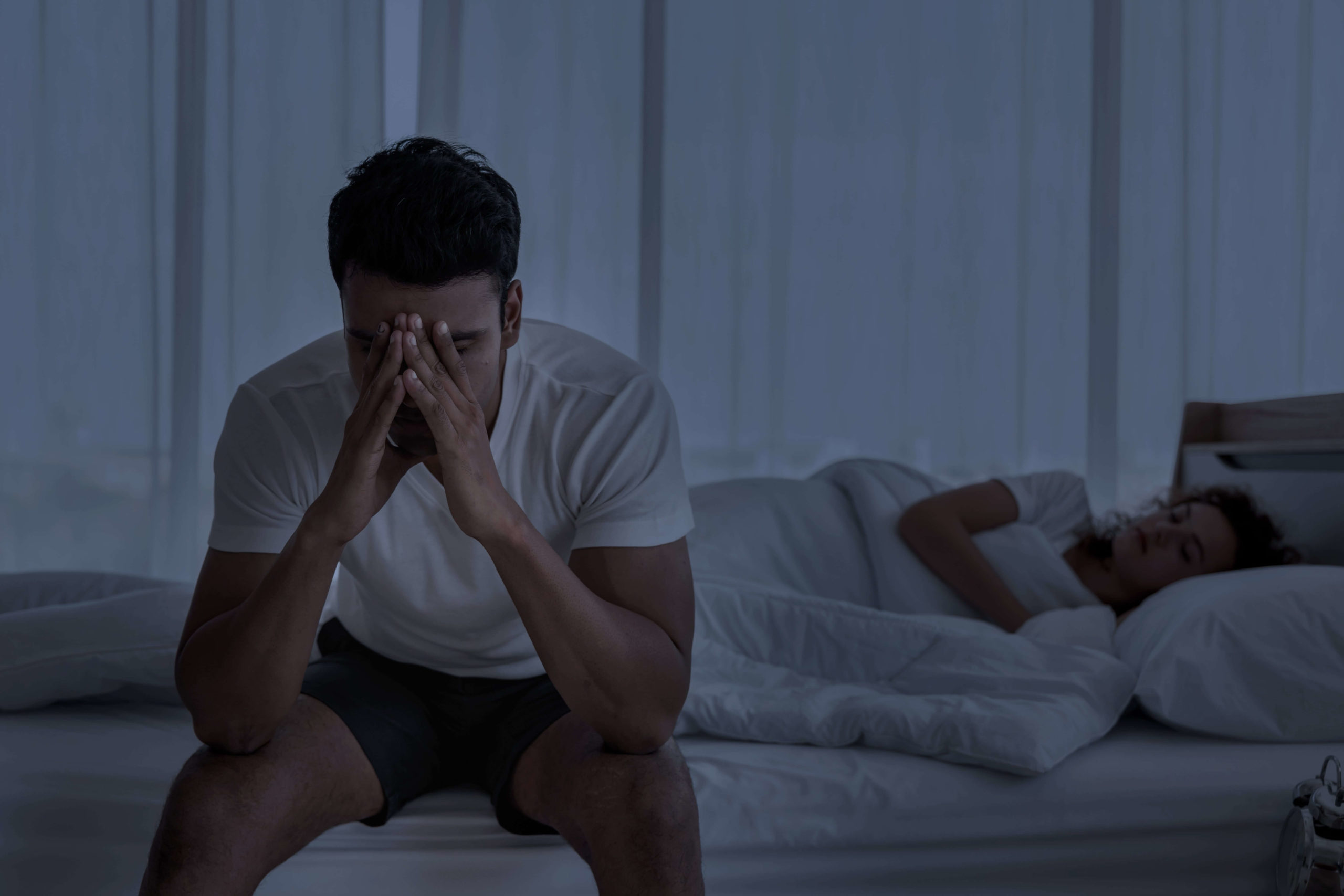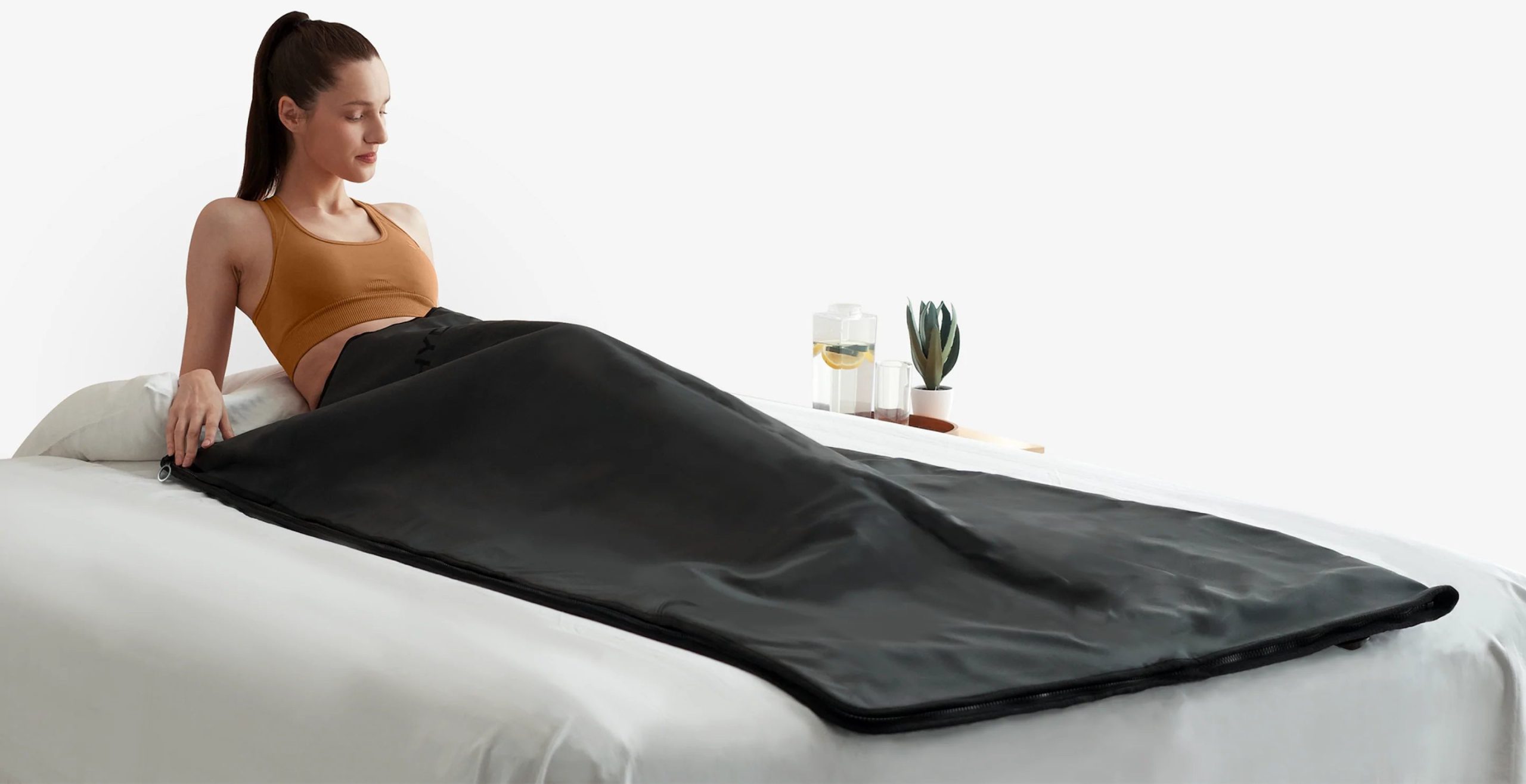The Vital Connection: How Exercise Can Help You Sleep Better and Fight Insomnia

Getting started:
Sleep is not just a state of rest; it is an important part of being healthy and happy in general. However, getting good sleep can be hard for many. Insomnia and other sleep problems affect millions of people around the world. Many treatments and changes to your lifestyle are suggested to help with sleep problems, but one stands out: exercise. This piece goes into detail about the complicated link between exercise, good sleep, and the fight against insomnia.
Learning About Sleep and sleeplessness:
It’s important to know how sleep works and what sleeplessness is before looking at how exercise affects sleep. Sleep has different stages, such as NREM (non-rapid eye movement) sleep and REM (rapid eye movement) sleep. Each stage has its own physiological and mental purposes. These stages are thrown off by insomnia, which means having trouble going or staying asleep, or by sleep that doesn’t restore, which can cause daytime tiredness, mood swings, and problems with thinking and memory.
Quality of Sleep:
Many studies have shown that exercise can improve the quality of your sleep. Physical exercise on a regular basis has been linked to shorter sleep onset latency, longer total sleep time, and better sleep efficiency. There are many ways that this connection works. For starters, exercise releases endorphins and lowers stress hormones like cortisol. This makes you feel calm and relaxed, which are both good for going asleep. Secondly, exercise raises body temperature while it’s happening. After exercise, body temperature drops, which makes it easier to fall asleep. Additionally, regular exercise has been linked to better circadian rhythm control. This means that the body’s internal clock is more in sync with natural light-dark cycles, which leads to stronger and more stable sleep-wake patterns.
Different types of exercise have different effects on sleep. Not all workouts are the same when it comes to making sleep better. Doing aerobic activities like jogging, swimming, or cycling has been shown to improve the length and quality of sleep. Doing these things raises your heart rate and oxygen intake, which is good for your heart health and improves your sleep. Also, resistance training, which includes things like weightlifting and routines you can do with your own body, has shown some promise in improving sleep, though not as much as aerobic exercise. It is best for sleep health to do both aerobic and resistance exercises as part of a regular practice.
Timing and Length of Exercise:
It is well known that exercise can help you sleep, but when and how long you exercise are very important. Working out too close to bedtime might wake you up and make it hard to fall asleep. Moderate to intense exercise should be done at least three hours before bedtime, according to experts. This gives your body time to cool down and lowers your adrenaline levels, which makes it easier to fall asleep. Having a regular exercise routine, looking for at least 150 minutes of moderate-intensity aerobic activity per week, is also very important. This will help you sleep better over time.
Due to the widespread nature of insomnia and the limits of drug-based treatments, non-drug methods, like exercise, are becoming more and more popular as effective ways to treat the condition. Exercise therapy has been shown to help reduce the severity and regularity of insomnia symptoms, either on its own or as part of a full treatment plan. It’s also generally safe, has few side effects, and might work better with other behavioral therapies, like cognitive-behavioral therapy for insomnia (CBT-I). This makes it a good choice for people who want to try something different from medicine.
Getting rid of obstacles that keep people from exercising:
There is a lot of proof that exercise can help you sleep, but some people may not be able to stick to a regular exercise routine. Time constraints, a lack of motivation, physical limitations, and things in the surroundings are some of the most common problems that people face. Getting past these problems requires methods that are tailored to each person’s preferences, abilities, and circumstances. Adding fun and long-lasting activities, getting social support, using technology-enabled solutions, and gradually raising the intensity of exercise can help you deal with these problems and stick to an active lifestyle that will help you sleep better.
How Exercise, Sleep, and Mental Health Affect Each Other:
In addition to improving sleep, exercise has huge effects on mental health, which in turn affects the quality of sleep. Regular exercise has been linked to a lower risk and severity of mood illnesses like anxiety and sadness, which often happen together with insomnia. As a result of improving mood regulation, emotional resilience, and self-esteem, exercise creates a positive feedback loop that supports good sleep patterns. In contrast, not getting enough sleep makes it harder to think clearly, control your emotions, and deal with stress, which makes it harder to exercise and stay motivated. This two-way connection makes it clear how important it is to include both exercise and sleep in plans to improve and maintain mental health.
As we look at the complex web of health and well-being, sleep and exercise become two important threads that work hand-in-hand. As our science knowledge of this relationship grows, so does the awareness that exercise is a powerful way to improve the quality of sleep and ease the symptoms of insomnia. By using exercise as a therapy and promoting health in a more complete way, people can build resilience, energy, and restorative sleep, which sets the stage for a fulfilling life.
In conclusion,
Exercise is a strong ally in the quest for restful sleep. It provides a natural and long-lasting solution to the common problems of insomnia and sleep disturbances. Physical exercise not only makes you fit, but it also feeds your mind and spirit, creating a balance that goes beyond the limits of wakefulness and sleep.




